As fears of the novel coronavirus continue to rise, people are hitting the stores to stock up on essentials like toilet paper, canned food, soap and hand sanitizer.

Around the world and at home in Canada, the panic has left stores completely out of stock on these items, leading to supply chain disruptions and leaving some empty-handed.

Some have taken to social media and posted photos of empty shelves, picked-over packages of pasta and other items completely removed in big-name grocery stores like Walmart, Costco and Trader Joe’s.
While panic is a “very human” response, Steven Hoffman, director of the Global Strategy Lab, previously told Global News, it’s neither helpful nor proportionate to the current risk level.

In New York City, people are buying pasta in massive quantities — except lasagna noodles, for some reason.
A Trader Joe’s location in Los Angeles is completely barren, leaving little food for those who didn’t make it in during the first-wave panic-purchase rush.
One L.A. resident had a sense of humour about an interesting typo made at a local Costco. The typo means the store’s next shipment of toilet paper isn’t coming for another 23,000 years, the Twitter user wrote.
A grocery store in Guelph, Ont., is seeing checkout lineups that stretch around the perimeter of the store as well as empty shelves where water once was.
A Toronto Loblaws located on Lakeshore Boulevard had only a few items left on the shelves and a ton of Easter candy.
Shelves are totally empty in certain stores in Germany.
Fresh eggs, dairy and vegetables appear to be moving quickly in Denmark, while beer and toilet paper remain in stock.

Get weekly health news
Grocery stores in the European country had lines starting before the sun even rose on March 11.
A social media user from the Philippines shared a photo from a local grocery store rationing soap and hand sanitizer.
One Twitter user pointed out that the elderly, who may not be able to head to grocery stores, will be the ones who suffer.
Confused about COVID-19? Here are some things you need to know:
Health officials say the risk is very low for Canadians, but they caution against travel to affected areas (a list can be found here). If you do travel to these places, they recommend you self-monitor to see whether you develop symptoms and if you do, to contact public health authorities.
Symptoms can include fever, cough and difficulty breathing – very similar to a cold or flu. Some people can develop a more severe illness. People most at risk of this include older adults and people with severe chronic medical conditions like heart, lung or kidney disease.
To prevent the virus from spreading, experts recommend frequent handwashing and coughing into your sleeve. And if you get sick, stay at home.
Visit full COVID-19 coverage on Global News.




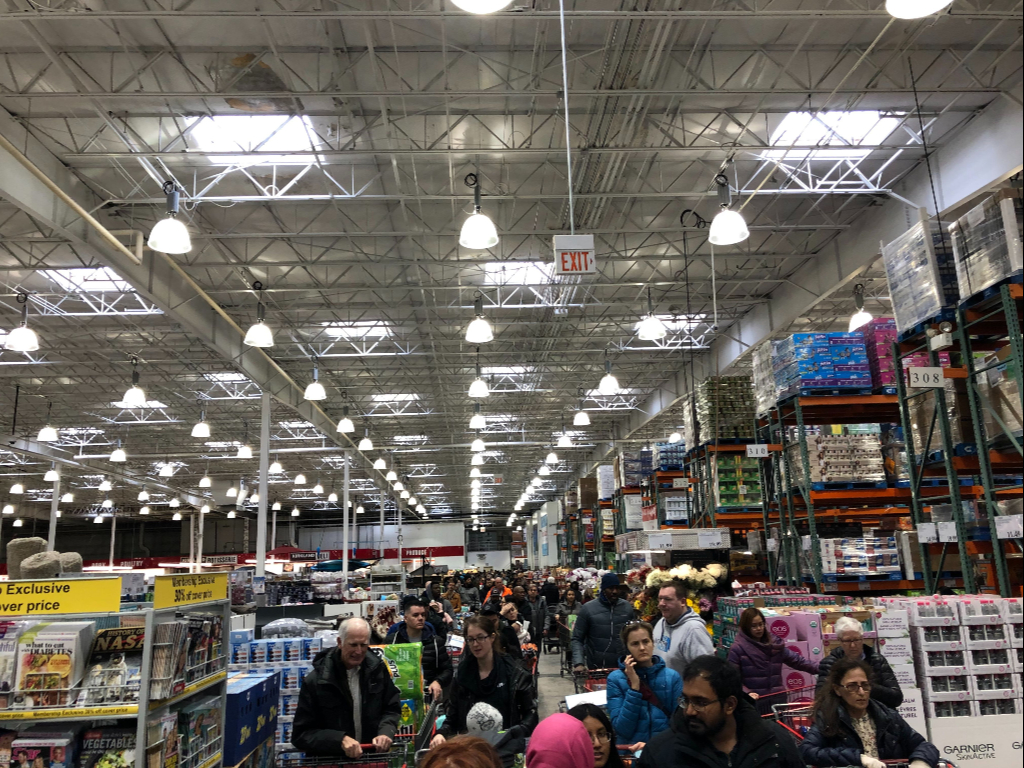
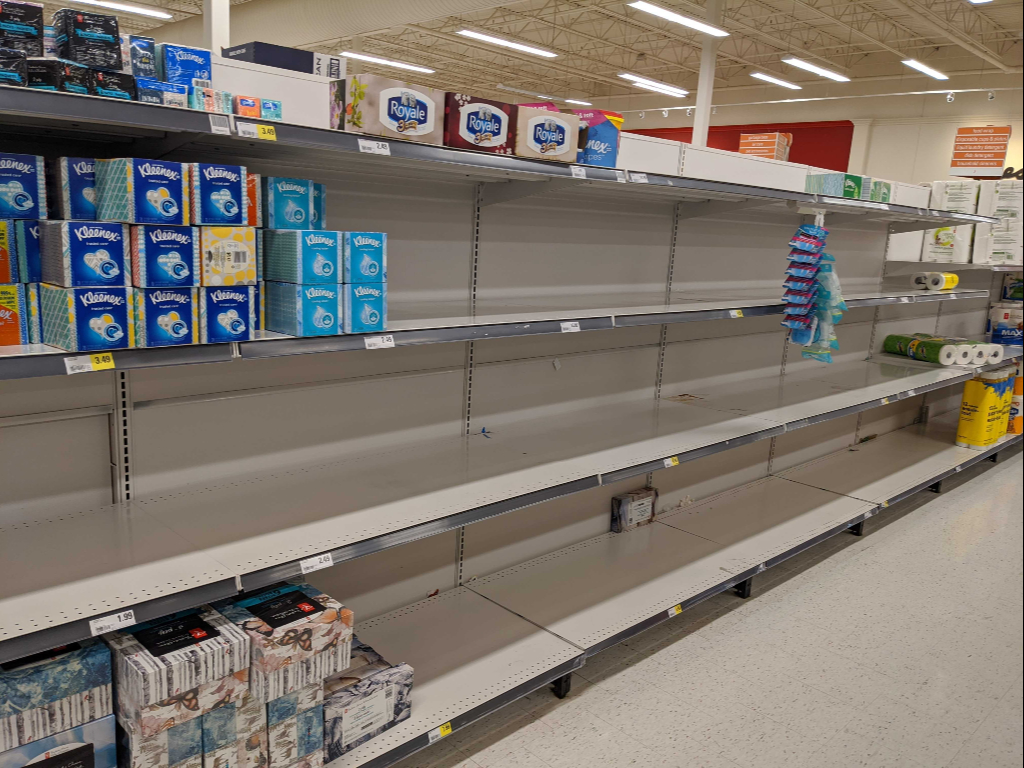
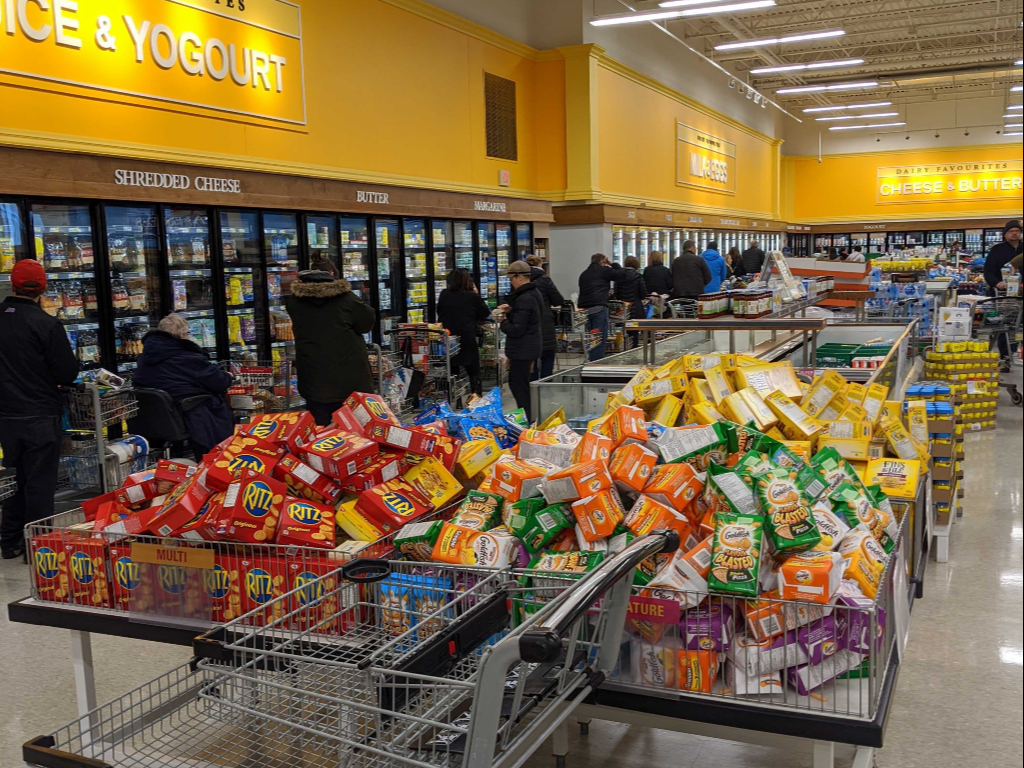
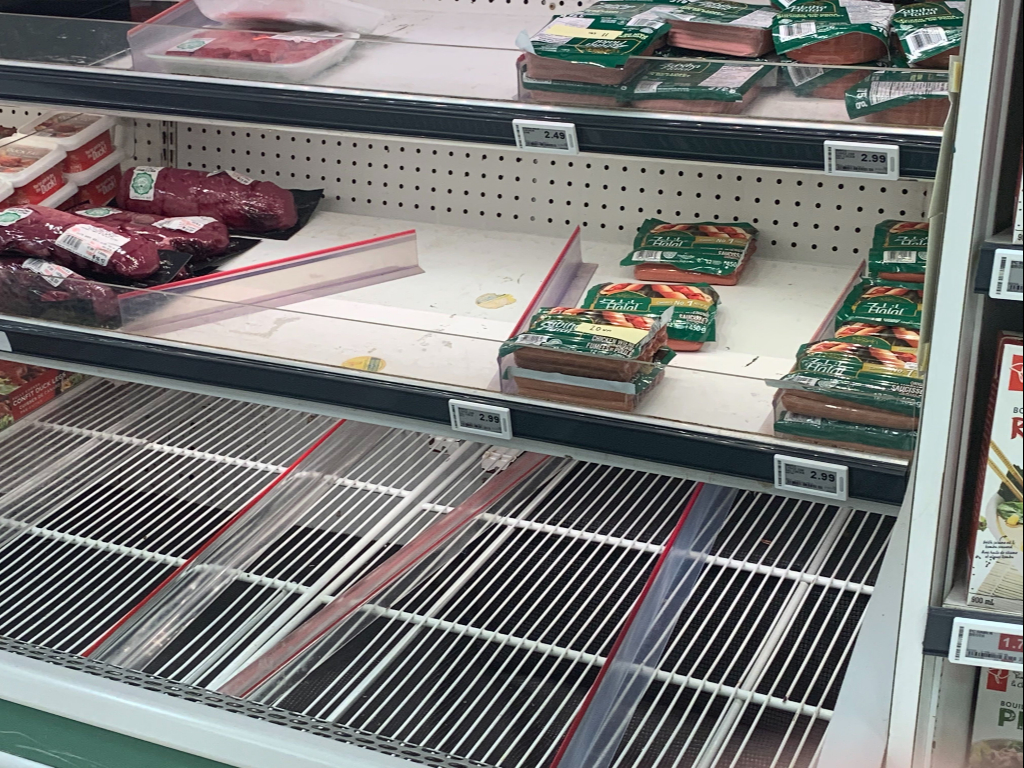
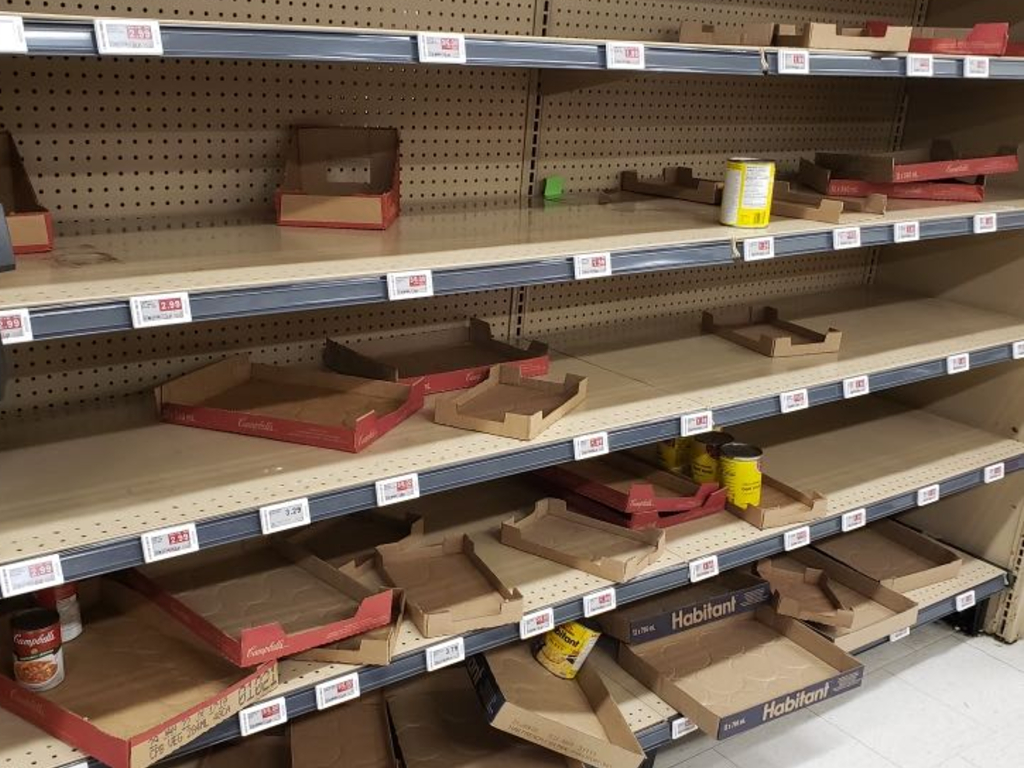


Comments
Want to discuss? Please read our Commenting Policy first.